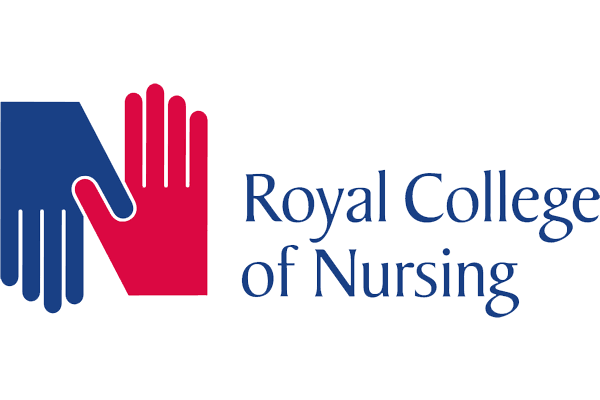What is long covid?
Long Covid is a term to describe the effects of Covid-19 that continue for weeks or months beyond the initial illness. The health watchdog the National Institute for Health and Care Excellence (NICE) defines long Covid as lasting for more than 12 weeks, although some people consider symptoms that last more than eight weeks to be long Covid.
What are the symptoms of long covid?
Although most people who get Covid-19 recover quickly, for some the effects of the virus can last for weeks or months. This is known as “long Covid”.
For some, it can seem like a cycle of improving for a time and then getting worse again. These long-term effects aren’t only among those who needed to go to hospital, or even who felt seriously unwell when they first caught the virus.
Lasting symptoms of coronavirus can include:
- Fatigue
- Breathlessness
- Anxiety and depression
- Palpitations
- Chest pains
- Joint or muscle pain
- Not being able to think straight or focus
Is long covid contagious
Long Covid is not contagious. Long Covid symptoms are caused by your body’s response to the virus continuing beyond the initial illness.
To avoid passing coronavirus on to others, you should self-isolate for 10 days from your original symptoms or positive test, or if after 10 days you still have a temperature, or runny nose or sneezing, or sickness or diarrhoea, until these symptoms have gone.
Some tips for managing your symptoms:
Manage fatigue and breathlessness
- Pace yourself – plan what you’re going to do and don’t over-exert yourself.
- Try to break tasks which feel difficult down into smaller chunks, and alternate easier and harder activities.
- Consider the best time of the day to do certain activities based on your energy levels.
- Frequent short rests are better than a few longer ones, so rest before you become exhausted.
- Don’t stop doing things that make you feel breathless. If you stop using your muscles, they’ll get weaker, which can make you more breathless when you try to use them.
- Try to gradually increase the amount of exercise you do. Try going for short walks or doing simple strength exercises and build up from there.
- If you use a walking stick or a frame, lean forward on it when you feel breathless.
Boost your mood and stay on top of your mental health
- Be kind to yourself during your recovery – be prepared that some days will be worse than others
- Connecting with other people can help you feel happier – make sure to keep in touch with family and friends.
- Having a daily routine can be good for your mood and sense of stability.
- Stay active – continuing to move will help release endorphins and improve your mood.
Tips for thinking or memory problems
- Make notes to help you remember things – whether it’s in work meetings or medical appointments.
- Try to reduce distractions.
- It can help to make a clear plan before approaching any new or complicated problem or situation. Break it down into steps and keep checking your plan as you follow it.
- Relieving joint or muscle pain
- Flexibility exercises (like stretches, yoga and platies) and strength exercises (like climbing stairs, lifting weights and working with resistance bands) can be useful. Check with your doctor before starting a new exercise regime.
Here at Connexus Health & Rehabilitation we are well aware of the long-term impact that all types of injury and illness can have. The effects of Covid-19 are no exception.
Rehabilitation is fast becoming the new priority in dealing with the impact of this pandemic. Our specialist clinicians will be able to create a programme specifically designed to improve the issues you have experienced and build you back up to your usual activities. Your body has been through an ordeal and it will take time to get back to where you were.








